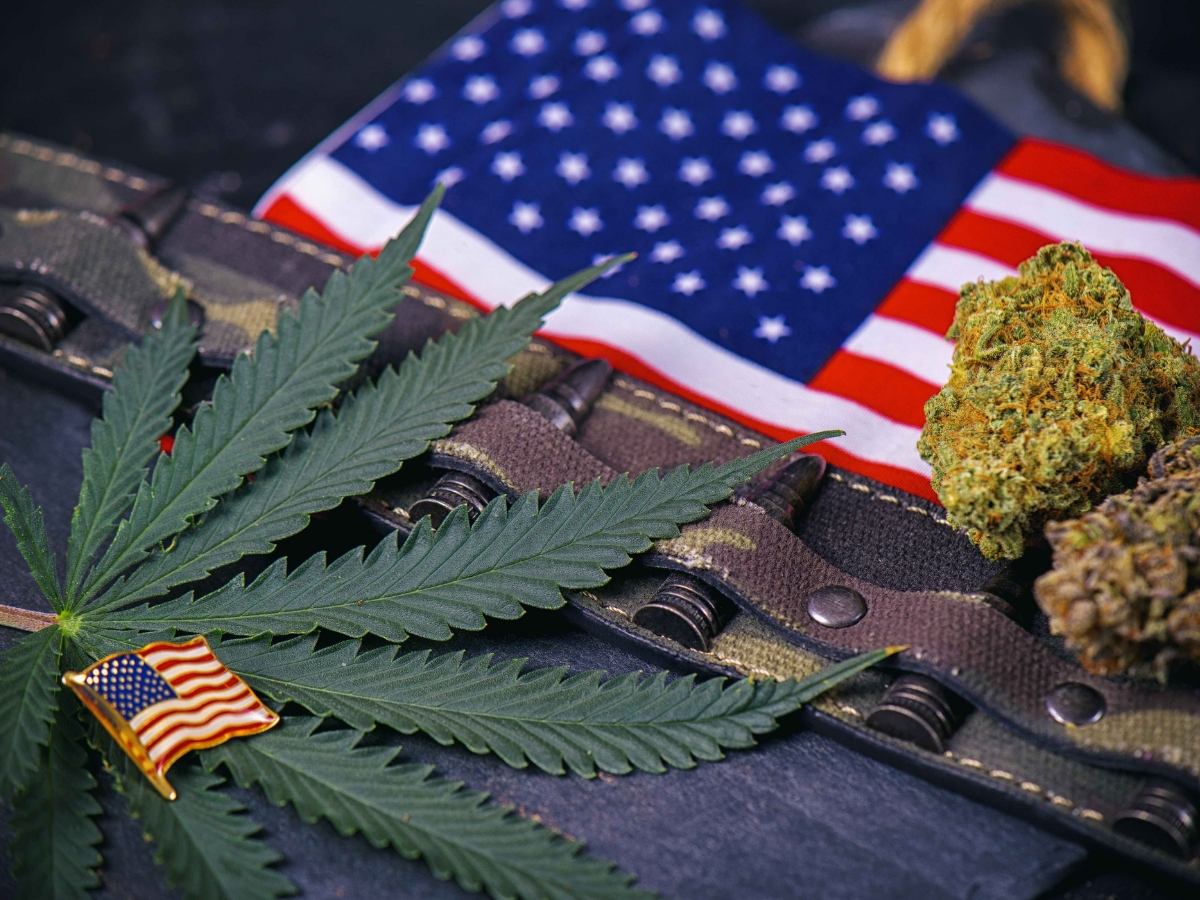Disabled Veterans Sue NY Cannabis Regulators Over Licensing System
NEW YORK– A group of disabled military veterans has lodged a lawsuit in New York against cannabis regulators, claiming that their licensing system for certain social equity applicants breaches the state constitution.
The lawsuit, filed in the state Supreme Court in Albany, contends that the Office of Cannabis Management exceeded its authority under the Marijuana Regulation and Taxation Act (MRTA), New York’s 2021 legalization law. Specifically, the veterans argue that the agency’s decision to prioritize applicants with marijuana offenses and their immediate family members during the licensing application process was unfair and violated their rights to equal treatment.
Moreover, the legal action maintains that disabled veterans could qualify as social and economic applicants under the MRTA, entitling them to specific preferences and benefits in the licensing process, as reported by the Times Union in Albany.
Legal experts opine that this lawsuit holds more weight than a similar one filed in March by marijuana multistate operators (MSOs) seeking entry into New York’s burgeoning adult-use cannabis retail market. The MSO case, led by the Coalition for Access to Regulated and Safe Cannabis (CARSC), challenged the state’s allocation of the first 150 adult-use retail licenses to conditional adult-use retail dispensary (CAURD) applicants, which is New York’s equivalent of social equity candidates.
However, the veterans’ lawsuit seeks more immediate and substantial action. The plaintiffs are requesting a temporary restraining order and preliminary injunction, aiming to halt the OCM and the Cannabis Control Board (CCB) from awarding additional CAURD licenses or granting operational approval to existing CAURD licensees until the court addresses the motion and cross-motion for summary judgment filed in the CARSC v. New York State Cannabis Control Board case.
Should the high court grant the restraining order and preliminary injunction, regulators would be immediately barred from allowing existing CAURD licensees to begin operations, which could deal a severe blow to New York’s struggling recreational marijuana program. Currently, only 21 retailers are licensed and operational in the state, far below market expectations.
New York commenced recreational cannabis sales in late December but has faced challenges in implementing a robust adult-use program. To address concerns related to social equity, the state recently approved over 200 social equity retail licenses, nearly doubling the total number to 463.
However, the veterans’ lawsuit now poses a significant threat to the approval process for all CAURD applicants and may potentially delay licensing until 2024 or beyond, creating further hurdles for New York’s already struggling cannabis supply chain.
Neither the Office of Cannabis Management nor the Cannabis Control Board has issued official statements in response to the lawsuit at this time. As the legal proceedings unfold, the outcome could have far-reaching implications for the state’s cannabis industry and its efforts to ensure equitable access to the burgeoning market.



































